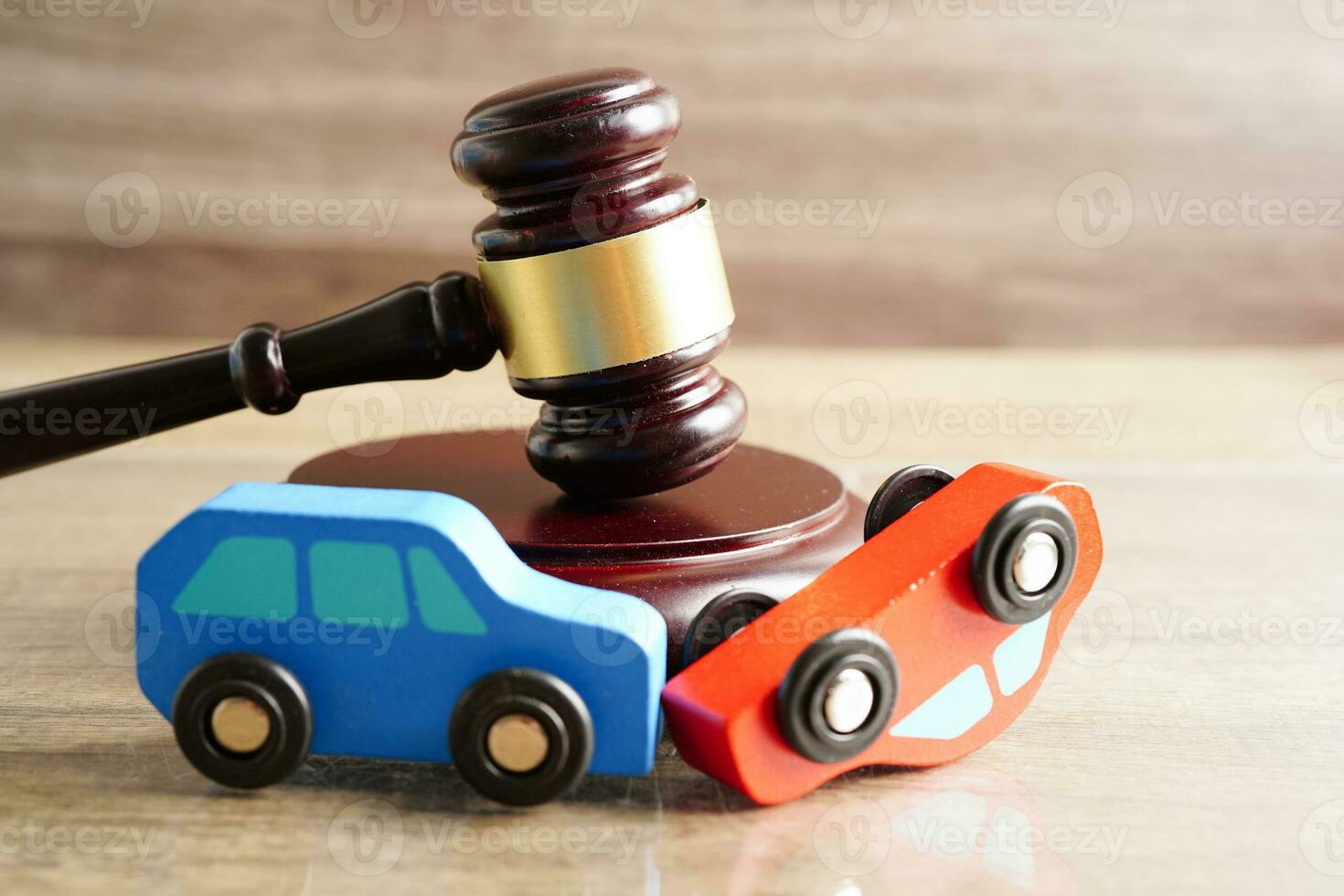Car insurance lawsuit, a legal matter that can arise from various situations, is a complex yet crucial aspect of insurance claims. Exploring the ins and outs of this topic sheds light on the intricacies of resolving disputes and seeking justice.
As we delve deeper into the nuances of car insurance lawsuits, we uncover the essential information needed to navigate this legal terrain effectively.
Overview of Car Insurance Lawsuit
Car insurance lawsuits are legal disputes that arise between individuals and insurance companies regarding coverage, claims, or compensation related to auto accidents. Common reasons for car insurance lawsuits include disputes over fault determination, denial of claims, or disagreements on settlement amounts. For example, if one driver believes they were not at fault for an accident but the insurance company claims otherwise, a lawsuit may be filed to resolve the issue.
Legal Requirements for Car Insurance Lawsuits
To file a car insurance lawsuit, individuals must adhere to specific legal obligations. This includes providing detailed documentation of the accident, such as police reports, medical records, and witness statements. Evidence like photographs of the scene, vehicle damage, and insurance policies are also crucial. The process of filing a car insurance lawsuit involves submitting a complaint, serving the defendant, and attending court hearings.
Types of Car Insurance Lawsuits

Car insurance lawsuits can encompass various types, including liability claims, personal injury cases, and property damage disputes. High-profile car insurance lawsuits often involve significant monetary claims or complex legal issues. By comparing and contrasting the outcomes of different car insurance lawsuits, individuals can gain insights into potential legal strategies and precedents.
Factors Influencing Car Insurance Lawsuits

Several factors can influence the outcome of a car insurance lawsuit, such as the determination of fault, coverage limits, and state laws governing insurance claims. External factors like weather conditions or road design may also impact the resolution of a lawsuit. Additionally, individual behaviors like distracted driving or speeding can contribute to the likelihood of car insurance lawsuits.
Resolution of Car Insurance Lawsuits
The resolution of a car insurance lawsuit can result in various outcomes, including a settlement between parties, a judgment from the court, or a dismissal of the case. Tips for negotiating a settlement in a car insurance lawsuit include gathering strong evidence, understanding policy limits, and seeking legal counsel when needed. Winning or losing a car insurance lawsuit can have significant implications on financial compensation and future insurance premiums.
Closing Summary: Car Insurance Lawsuit

In conclusion, navigating the realm of car insurance lawsuits requires a thorough understanding of legal requirements, types of disputes, influencing factors, and potential resolutions. By equipping oneself with this knowledge, individuals can approach such situations with confidence and clarity.
FAQ
What are the common reasons for car insurance lawsuits?
Car insurance lawsuits often stem from disputes over liability, personal injury claims, property damage, or disagreements regarding coverage.
What steps are involved in filing a car insurance lawsuit?
The process usually includes preparing necessary documentation, determining fault, possibly negotiating a settlement, and ultimately, filing the lawsuit in court.
How do external factors like weather conditions impact car insurance lawsuits?
External factors such as adverse weather can influence liability determinations or accident severity, affecting the outcome of car insurance lawsuits.
What are the implications of winning or losing a car insurance lawsuit?
Winning a lawsuit can result in compensation or favorable settlements, while losing can lead to financial repercussions or increased insurance premiums.
